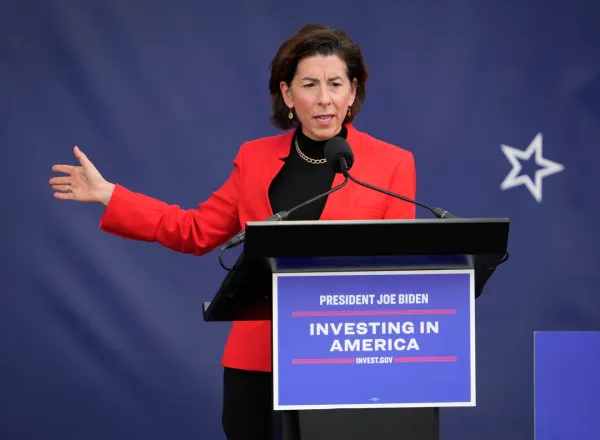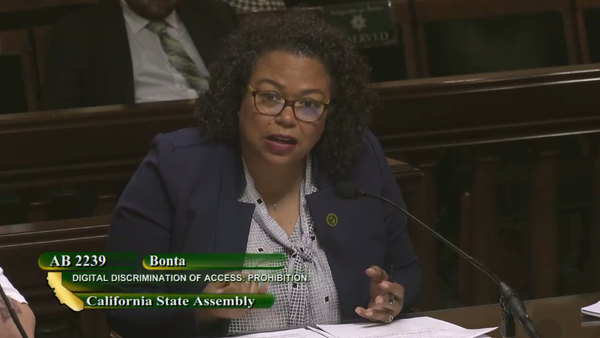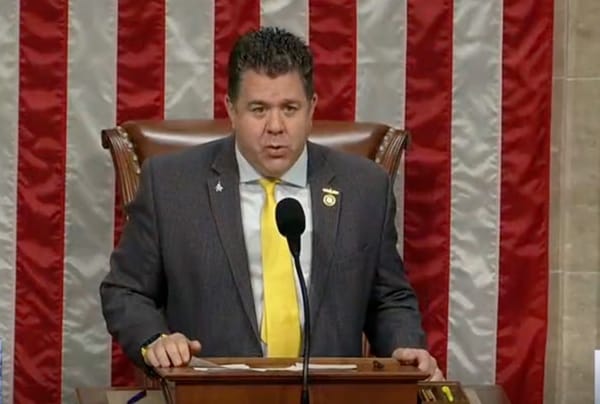‘Kill Switch’ Legislation Faces Uphill Battle in Light of Egypt Crisis
WASHINGTON, February 4, 2011 – Senate lawmakers are considering a measure that would allow the President to declare a national cyber emergency and give him the power to use an internet “kill switch” which could shut down internet access nationally.
Senate lawmakers are considering a measure that would allow the President to declare a national cyber emergency and give him the power to use an internet “kill switch” which could shut down internet access nationally.
Sen. Joe Lieberman (I-CT) originally introduced the Protecting Cyberspace as a National Asset Act of 2010, which would have authorized the forming of an Office of Cyberspace Policy. This new office would have been given the responsibility of putting into place plans to protect the nation’s infrastructure from cyber-attacks. The 2010 bill died when Congress failed to act on it; however, Senate Majority Leader, Harry Reid (D-NV) reintroduced the bill to the new Congress last week under the title Cyber Security and American Cyber Competitiveness Act of 2011.
Those who oppose the legislation feel the bill hinders the neutrality of the internet, and could possible pose a threat to free speech. The most controversial element of the bill is the lack of specificity of the powers given to the president during a “national cyber emergency.”
A summary of the bill located on the Library of Congress web site specifies the President “notify the owners and operators of the infrastructure of the nature of the emergency, consistent with the protection of intelligence sources and methods.” The cyber emergency could last up to 30 days and be extended 30 days if the National Center for Cybersecurity and Communications (NCCC) Director and the President ‘ affirms that such measure or action remains necessary to address the continuing emergency.”
Detractors also point to actions that recently took place in Egypt, during which the Egyptian government shut down the nations internet in an attempt to control political unrest.
“The bill authorizes the NCCC, in an emergency declared by the President, to take unspecified emergency actions to preserve the reliable operation of particular covered critical infrastructure,” said the American Civil Liberties Union and twenty four other groups in a recent letter to congress. “The government can compel companies that own or operate critical infrastructure systems to take those undefined actions for 30‐day periods that may be renewed indefinitely. While the bill makes it clear that it does not authorize electronic surveillance beyond that authorized in current law, we are concerned that the emergency actions that could be compelled could include shutting down or limiting Internet communications that might be carried over covered critical infrastructure systems.”
The cosponsors of the bill say that this was not their intent as the bill was introduced before the unrest in Egypt.
“Some have suggested that our legislation would empower the president to deny U.S. citizens access to the Internet,” said the statement from Sen. Lieberman, Sen. Susan Collins (R-ME), and Sen. Senator Tom Carper, (D-DE). “Nothing could be further from the truth.”
They said, however, that they’ll make sure their forthcoming legislation will contain contains language prohibiting the president from doing what occurred in Egypt.







